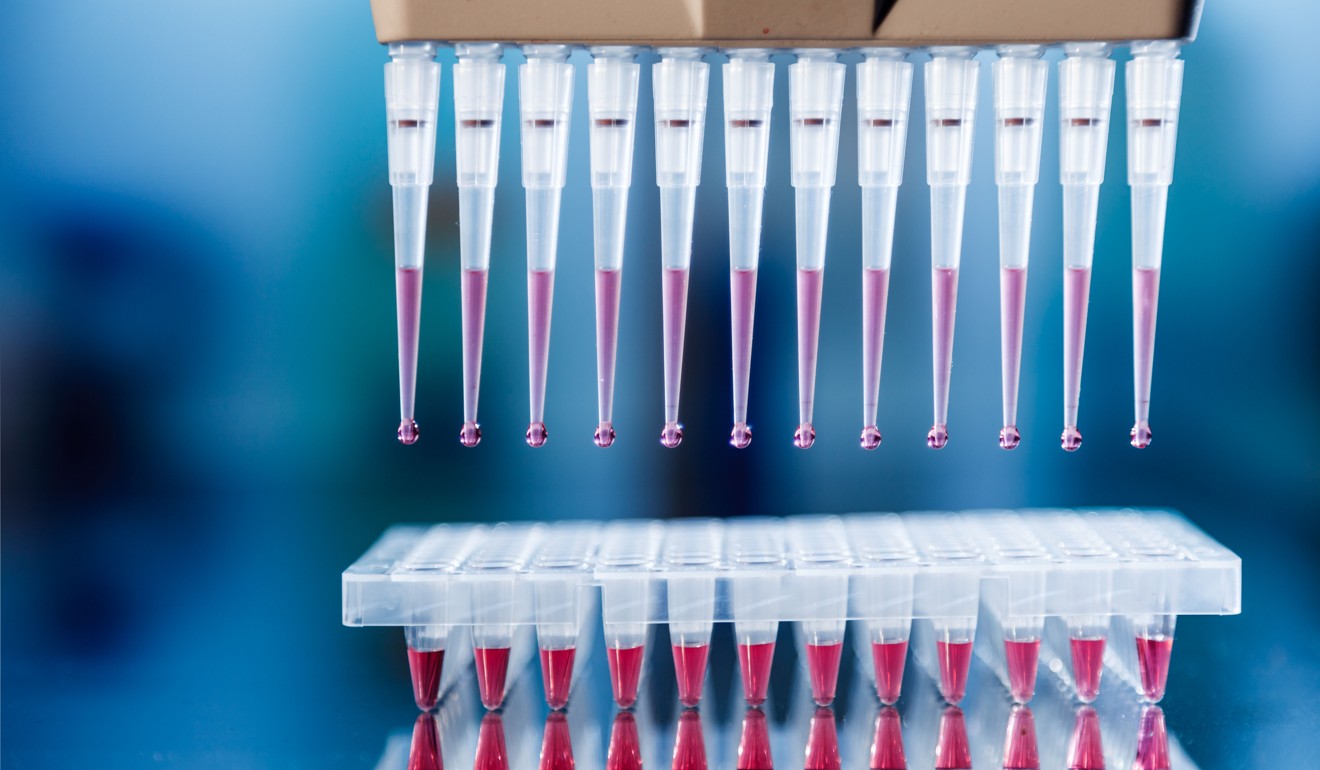
DNA testing to check for risk of diseases such as cancer, Alzheimer’s: a satisfied customer, worried doctors
- People taking DNA tests are looking for more than their genetic ancestry; they send the results to third-party companies to find their susceptibility to disease
- A professor warns human genomics is still in its infancy, but one man who sought disease risk information talks about lifestyle changes he made as a result

Watching Alzheimer’s disease erode his grandfather’s sense of self was agonising for musician Sam Perry. “There is no love inside that person any more,” he says. “They can’t love you, or their wife, or their kids.”
Perry, whose grandfather died in the 1990s after a long struggle with the disease, vowed that he would not go the same way. So in March this year, he sent a DNA sample to 23andMe, a company that offers genetic ancestry testing, hoping he could find out whether he was at risk of developing Alzheimer’s, a leading cause of dementia and one of the top 10 causes of death in Hong Kong.
“The upsides sounded tangible and immediate – it would enable me to incorporate preventive practices into my life, whereas the downsides were purely hypothetical and extremely low-risk,” Perry says.
The California native requested to withhold his real name, out of a concern for the health insurance implications.

Perry is one of millions of people around the world who have submitted their DNA to private companies to find out more about their ancestry. Most are interested in finding out more about their family history, but in recent years a new trend has emerged, which has seen people attempting to use their genealogy results to learn whether they are susceptible to diseases such as cancer and other life-threatening illnesses.
“Your raw data actually contains more than just your ancestry information,” says Sarah Nelson, a research scientist in biostatistics at the University of Washington. “Some of them can have health-related information,” she explains, referring to the information revealed by unprocessed data from customer’s genomes that is included in genealogy reports.
Nelson was part of a study that looked at the use of third-party genetic interpretation tools, the results of which were published in The American Journal of Human Genetics this year. The survey of 1,137 consumers found that over half of respondents used the raw data to do something beyond looking at their genealogy.
“They wanted to look at what else they could learn,” Nelson says. “Some of these third-party interpretation tools are inexpensive and even free to use.”
Perry learned about DNA testing for Alzheimer’s from a US health podcast, which revealed that the gene apolipoprotein E (known as ApoE) could be identified using a home test kit.
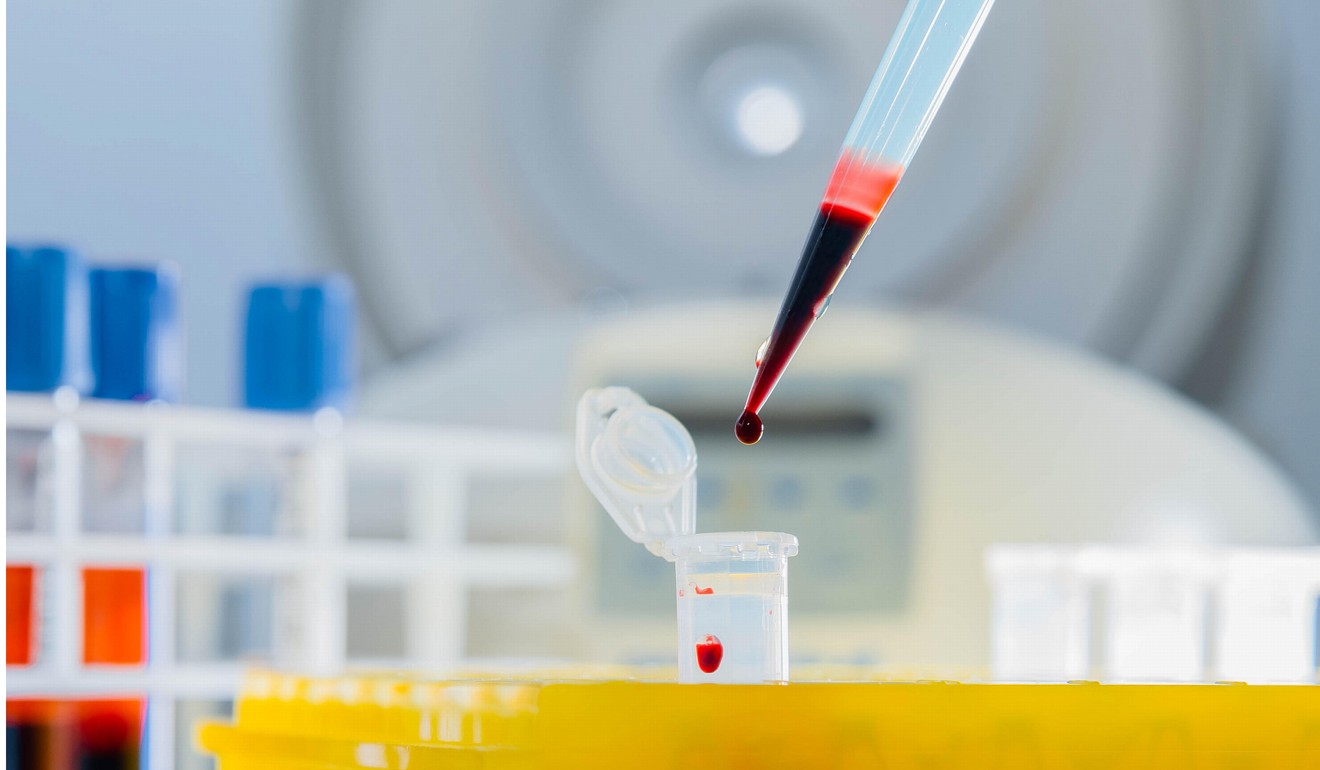
“I wanted to know if I was high risk, and if I was, I would go all-out in preventive lifestyle practices. As it turns out there are a lot of things you can do,” Perry says.
He applied for a DNA test through the company 23andMe, paying a total of US$171 for the service and dispatching a saliva sample.
“23andMe reveals all kinds of fun ancestry information,” Perry says. “But it is assumed the customer is more interested in their ancestry information than in raw health data. One has to dig through their report to find the raw data.”
We do not encourage customers to use third-party interpretation services especially for health purposes as we cannot guarantee their accuracy or security
To do this, Perry turned to a third-party interpretation service based in the US. That service sent him 36 pages of analysis, which revealed that he is at only a low risk of developing Alzheimer’s. Other highlights showed he had gene variants that could mean a compromised ability to metabolise saturated fat, as well as vitamin D.
“The results were interesting and unexpected,” Perry says. “I was mostly relieved to find I have the Alzheimer’s APOE 3/3 gene [a low risk gene], but disappointed by the results about my saturated fat metabolism issues.”
Nelson, however, is sceptical that information provided by third-party companies is reliable. “Do they have a good background in not just human genetics but medical genetics? Someone who may know how to interpret variants for health?,” she asks.
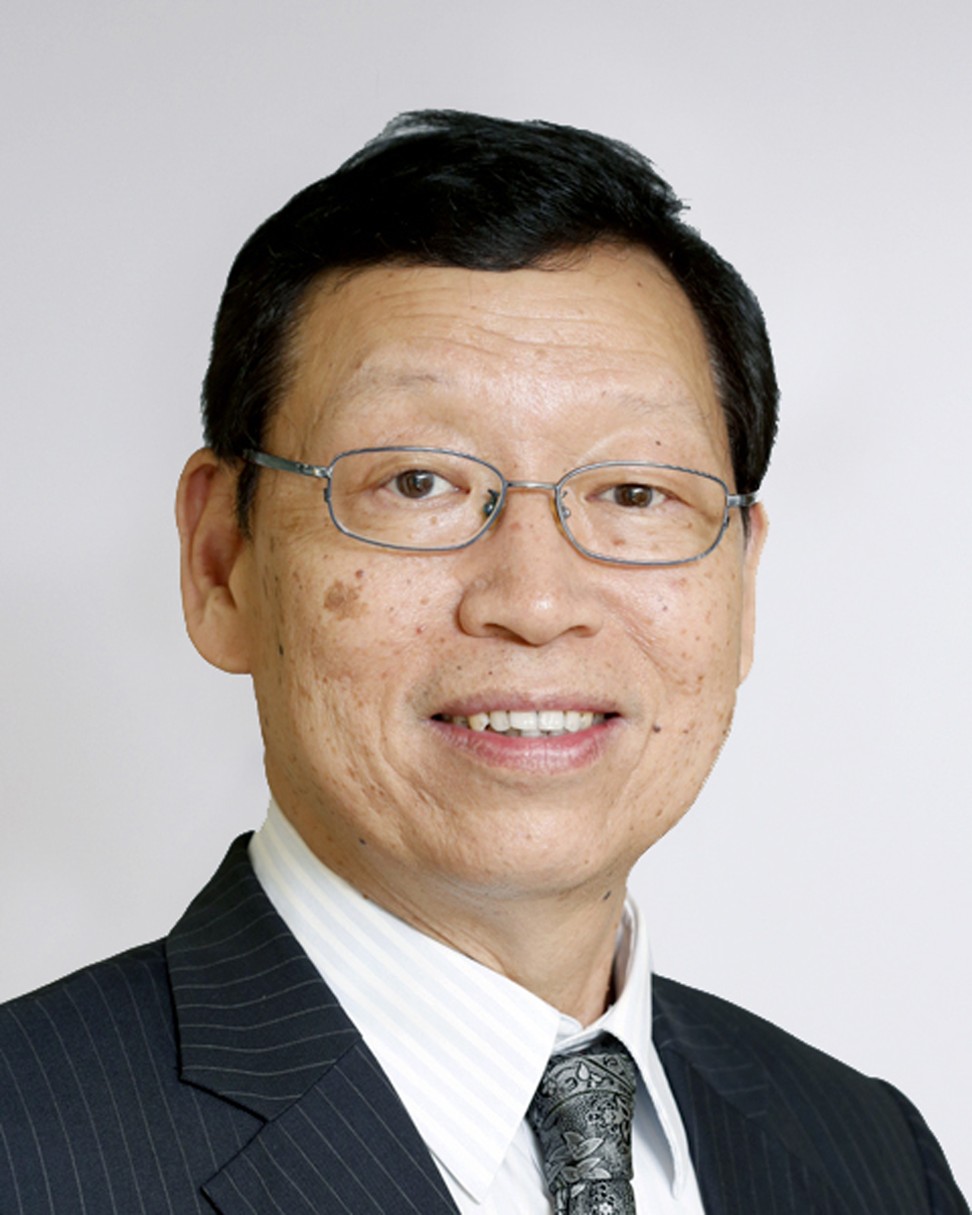
Dr Stephen Lam Tak-sum, director of the clinical genetics service at Hong Kong Sanatorium and Hospital, is alarmed by the trend of using ancestry services to glean health information.
“Those undergoing health care genetic testing should be accompanied by a pre-test genetic counsellor, and they should get post test counselling,” Lam says. “These measures ensure that those confronted with distressing findings are supported and guided as to their next steps.”
Additionally, Lam is concerned about the accuracy of procedures employed by the providers, and further whether such information really does benefit individuals or the community. “I would be very careful to advise against anybody using any test if those questions cannot be answered adequately,” he says.
The geneticist cites controversies around DNA ancestry companies such as 23andMe, which in 2013 was banned by the US Food and Drug Administration from selling tests when the company proved unable to provide evidence to back up its marketing claims.
Restrictions on 23andMe were loosened as the company began modulating its claims and cutting back on the tests offered. In 2017, the firm secured approval to test for 10 diseases including Alzheimer’s disease. A year later the company got approval to offer a breast cancer risk test for specific demographics.
According to 23andMe, the company only provides ancestry DNA testing services to markets outside the US – not health tests. When contacted, the company also told the Post: “We do not encourage customers to use third-party interpretation services especially for health purposes as we cannot guarantee their accuracy or security.”
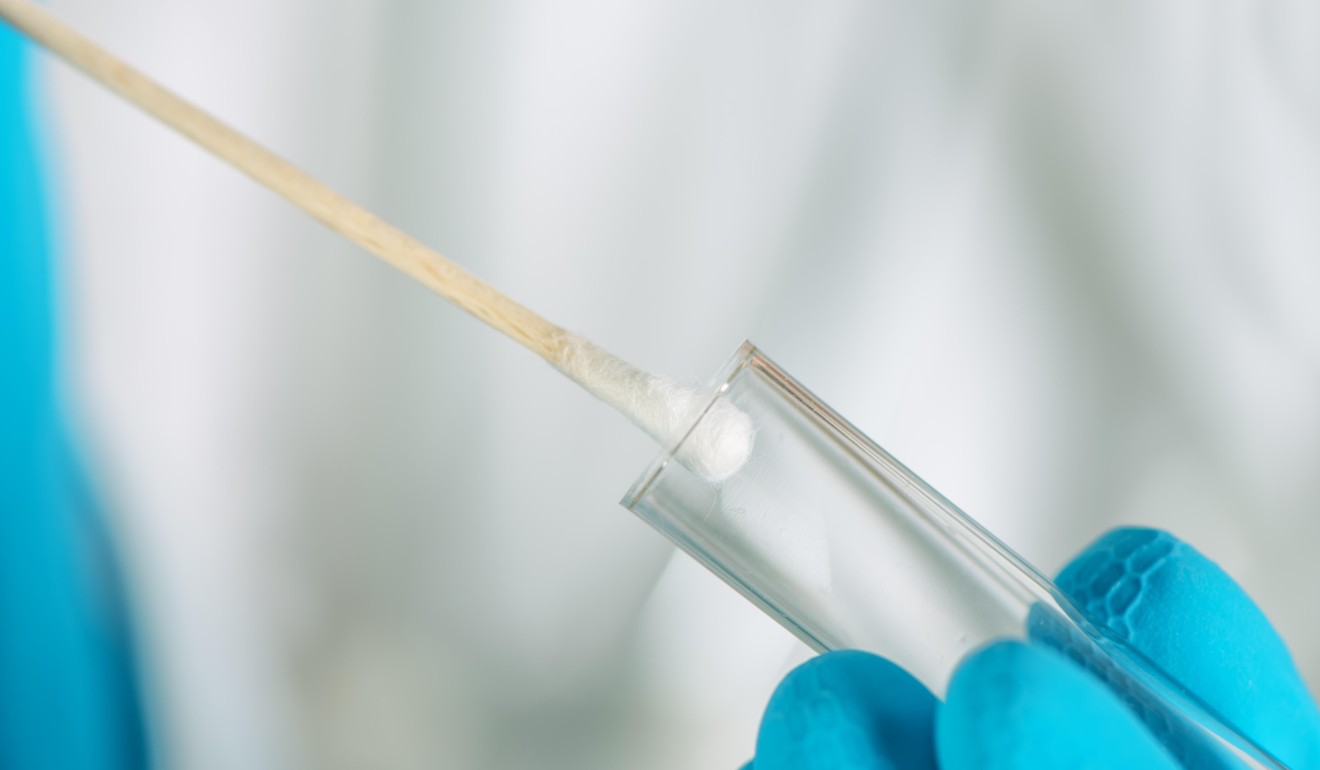
But with genealogy testing becoming ever more popular, there are concerns such warnings are falling on deaf ears. According to a recent study by MIT Technology Review, more than 26 million people have used one of the four leading providers of commercial genealogy services. The study also noted the rapid growth of the trend, predicting that in another two years, 100 million people could have used such services.
Professor Nelson Tang Leung-sang of the Chinese University of Hong Kong’s department of chemical pathology agrees with the concerns of Sarah Nelson and Stephen Lam, saying the human genome is still not well understood.
“It’s almost like we’ve only turned the first 10 pages of the dictionary, and what we know so far could all be wrong,” Tang says.
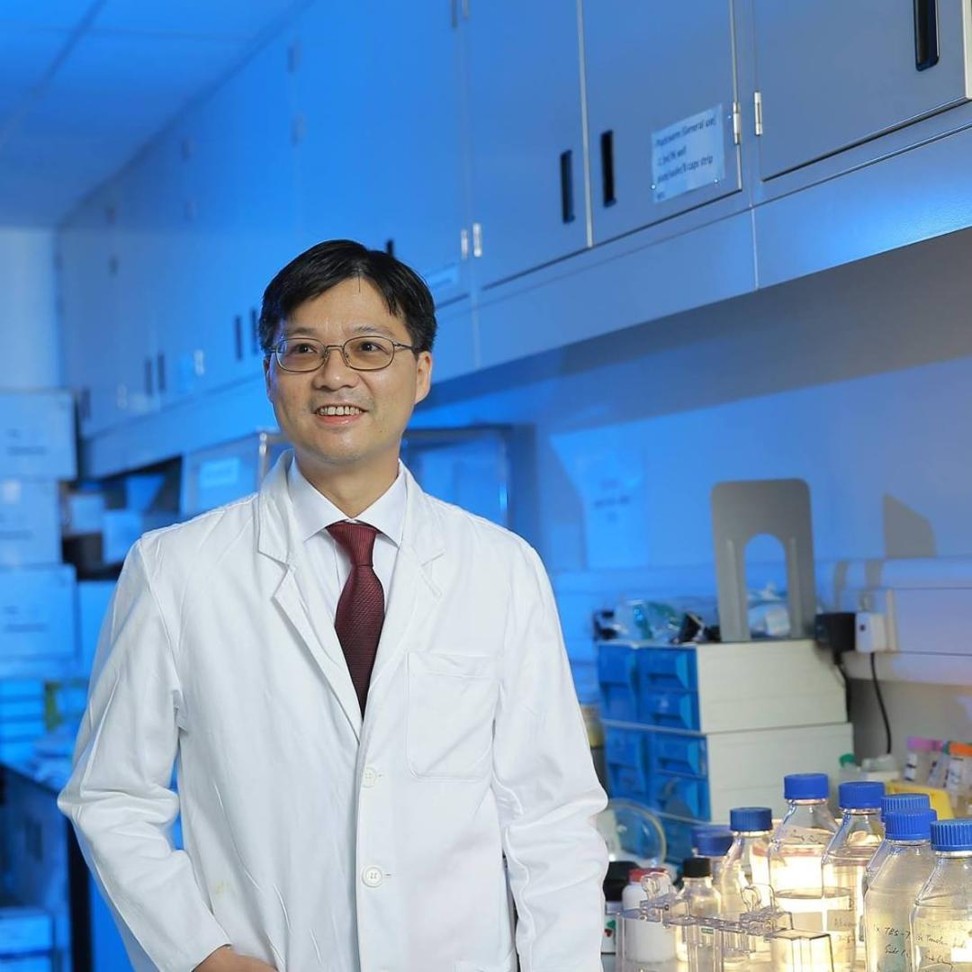
In Hong Kong specifically, health insurance implications are another concern.
“For example, when you buy insurance, you are asked to declare whether any family members have had cancer. Insurance providers can use this information to deny compensation,” Tang says. He recommends the government consider legislation to prevent providers from denying coverage based on their clients’ genetic information.
This is not a concern in the US, Tang adds, where the Genetic Information Nondiscrimination Act prohibits health insurers and employers from discriminating against individuals based on their DNA.
“Such protections are missing in Hong Kong as we enter the genomics era,” Tang says. “We have to catch up.”
“I don’t like to be paternalistic by saying you should never use these sites, as people can be curious and it is good to learn about genetics. But they are not a substitute for a clinical test,” Sarah Nelson says.
While oversight of third-party DNA analysis companies is minimal at present, Nelson suggests the US FDA or Federal Trade Commission should regulate them. “And this is not just an issue in the US or the EU,” she says. “This issue crosses borders.”
For his part, Sam Perry says he feels empowered by his experience and, just to be on the safe side, is doing all he can to reduce the likelihood of developing Alzheimer’s, such as avoiding wine with dinner, and getting to bed by 11pm to ensure better quality sleep. He has also cut down on saturated fat, and now takes vitamin D3 supplements.
“I owe it to the children to do everything I can to stay healthy as long as possible,” he says.